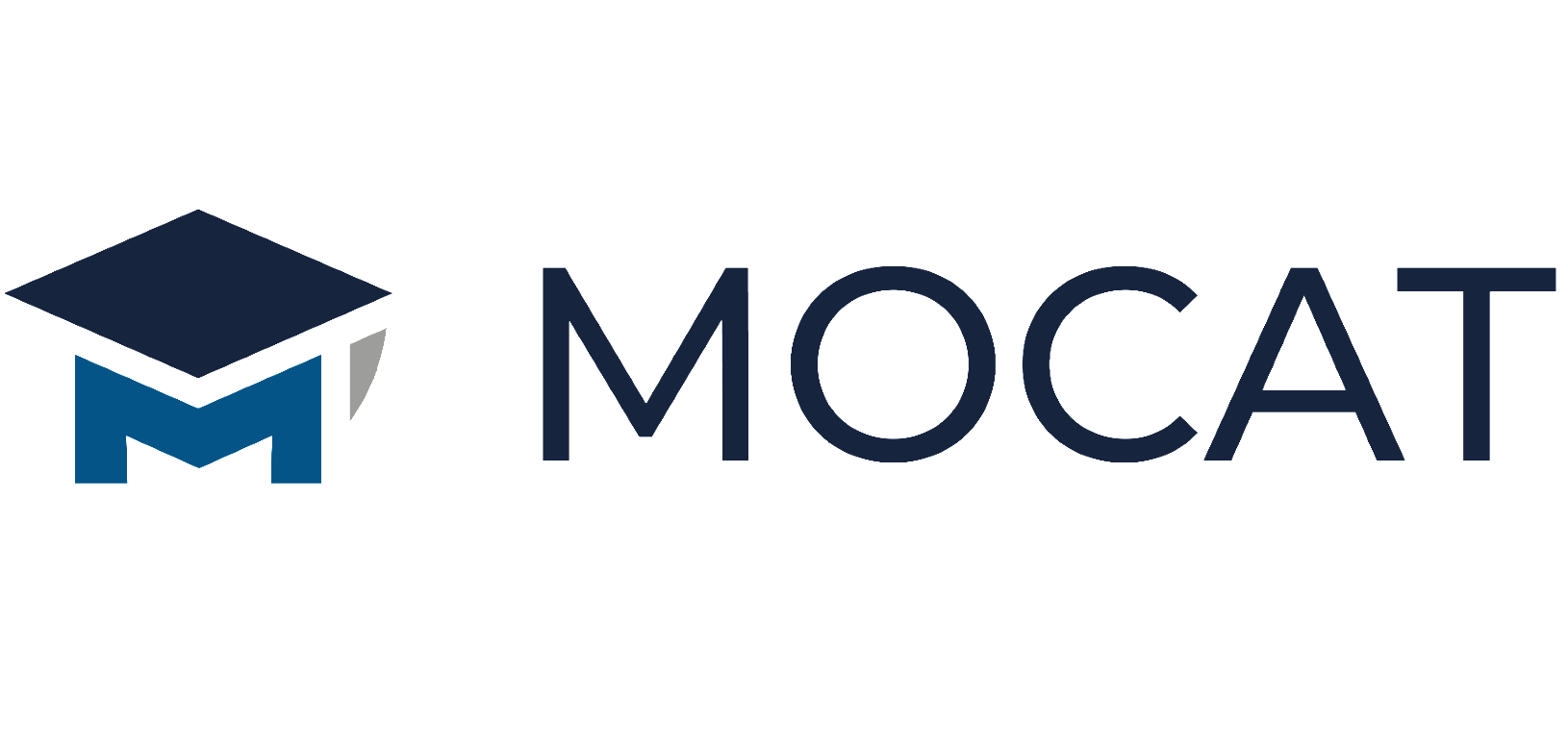TEACHING CONTEMPORARY STUDENTS
|
Name of the course: |
TEACHING CONTEMPORARY STUDENTS
|
|
Course description: What is the course about? What do the participants learn? |
You are going to learn who the contemporary students are and how to manage them during their classroom activities, studying and learning processes. Since times have changed and the learners have changed too, you should know who are the contemporary students and how to meet their needs and attitudes, how to raise their motivation, how to increase their learning performance. You will become a better teacher understanding all generations and dealing with natural diversity with easiness This course will help you to overcome the outdated “chalk and talk” method of teaching by means of new high impact methodologies like Spaced Learning, Flexible Friday, Project-based learning, Formative assessment, Active learning and new technologies for your students, so they not only recognize their skills, but also apply them.
|
|
Main topics:
|
What are the needs and the attitudes of the contemporary students towards learning:
How to make contemporary students autonomous and motivated in their learning processes in order to empower their learning performance:
Innovative teaching-learning methodologies
|
|
Author: |
prof. Sergio Miranda Researcher in Experimental Pedagogy in Department of Human, Philosophical and Education Sciences of the University of Salerno |
|
University: |
University of Salero, Italy
|


Comments ()